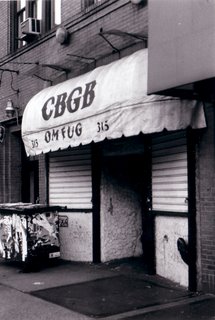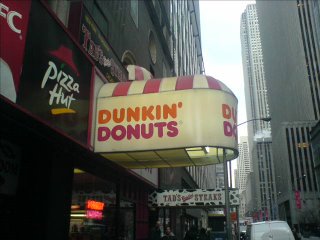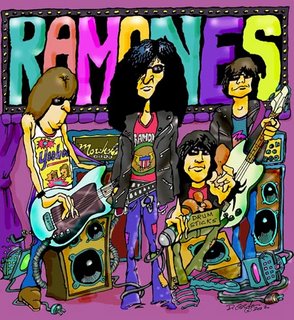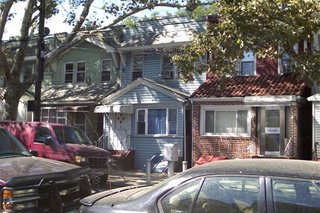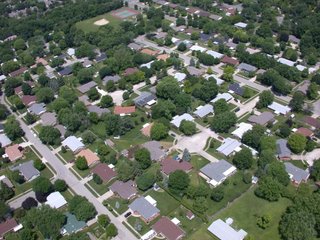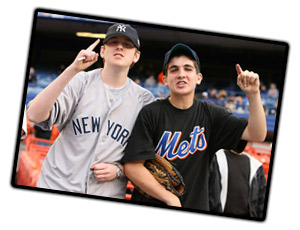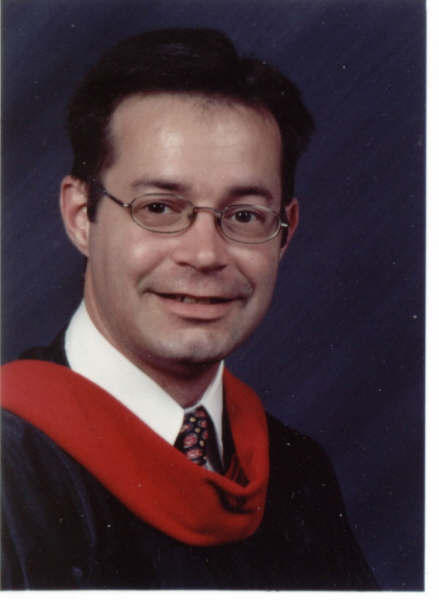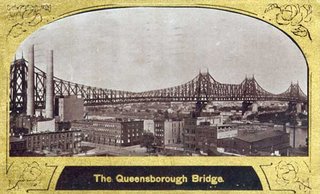 In 1898, following the Greater New York Act by the state legislature, Queens, Brooklyn and Staten Island joined Manhattan and the Bronx to become part of New York City. It was an interesting move for the previously sleepy burgh of factories to the west and farmland to the west because unlike Brooklyn and Staten Island, only part of Queens county was included in the deal. After some political scuffles between the eastern and
In 1898, following the Greater New York Act by the state legislature, Queens, Brooklyn and Staten Island joined Manhattan and the Bronx to become part of New York City. It was an interesting move for the previously sleepy burgh of factories to the west and farmland to the west because unlike Brooklyn and Staten Island, only part of Queens county was included in the deal. After some political scuffles between the eastern and 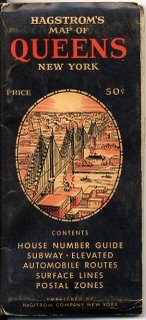 western parts of the county, the line between city Queens and country Queens became the new eastern border of Queens, leaving everything in between the newly-formed Nassau County. Even after this resolution, a walk around Queens at the turn of the 20th Century would hardly have a city atmosphere.
western parts of the county, the line between city Queens and country Queens became the new eastern border of Queens, leaving everything in between the newly-formed Nassau County. Even after this resolution, a walk around Queens at the turn of the 20th Century would hardly have a city atmosphere. Soon enough, however, bridges were erected, tunnels were dug, highways were constructed, and salivating developers swarmed in to make small fortunes in urban development. Click on the pictures to enlarge.
Add to the frenzy, unprescidented immegration, subway access and the construction of two airports; LaGuardia to the north and Idlewild (later JFK) to the south, and Queens was quick to develop into a diverse landscape of people and neighborhoods unique when compared to its sister boroughs.
Today New York City's largest borough is home to more than 2,229,379 people with a population density of 20,409 people per square mile, and is the fourth most densely populated county in the United States after New York County (Manhattan), Kings County (Brooklyn) and Bronx county, and ahead of Cook County, IL (Chicago), and Philadelphia County,
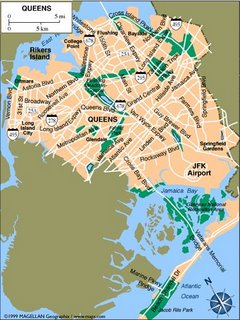 PA. (2000 Census).
PA. (2000 Census).Developers saw the growth potential and opportunity in Queens early on. When Ascension Presbyterian Church was planned and launched, we saw and still do see tremendous opportunity in Queens. With so many people from so many places packed into 109 square miles, the Gospel is ripe for the taking here... and in Forest Hills, the center of it all, God has placed us in a unique position. Of course, we're not developing part of Gotham City, we're establishing a part of a Gospel Kingdom.
